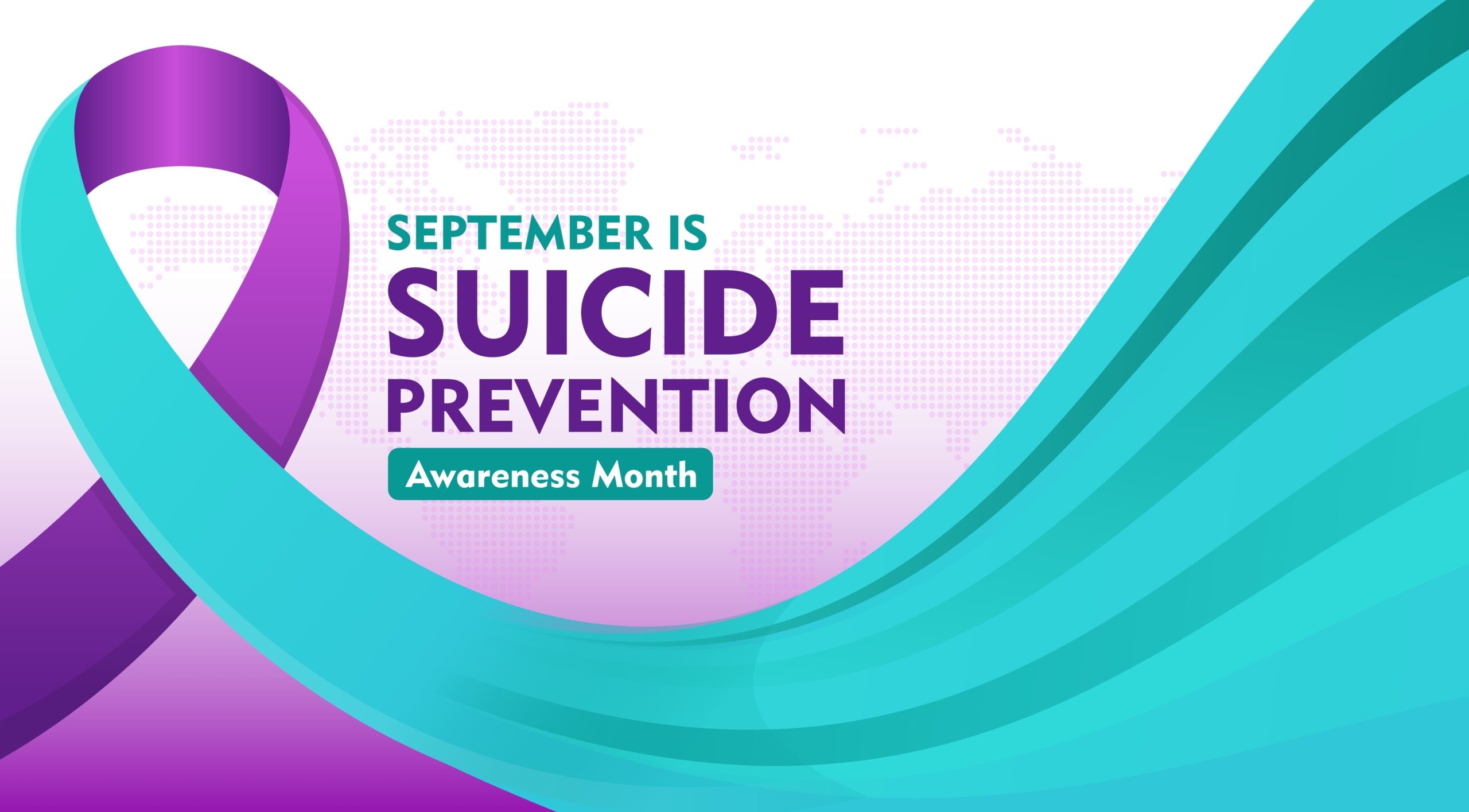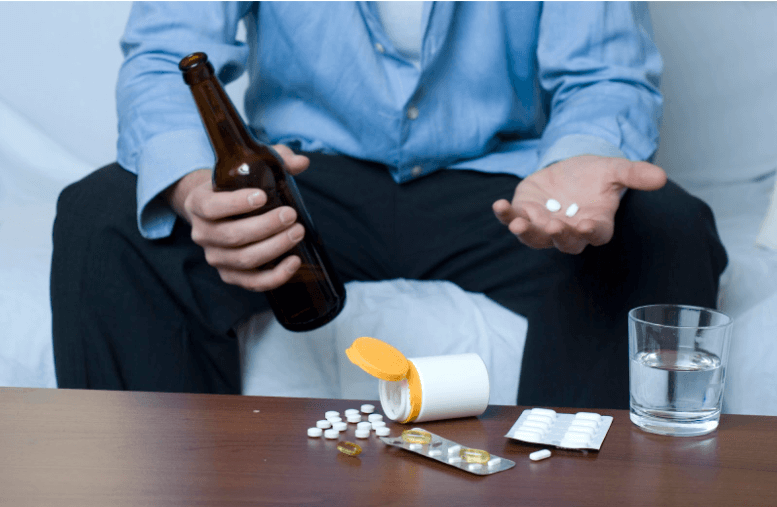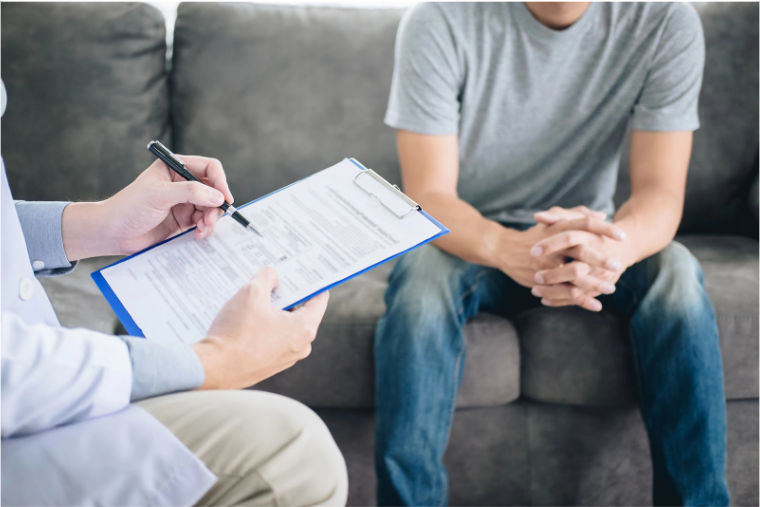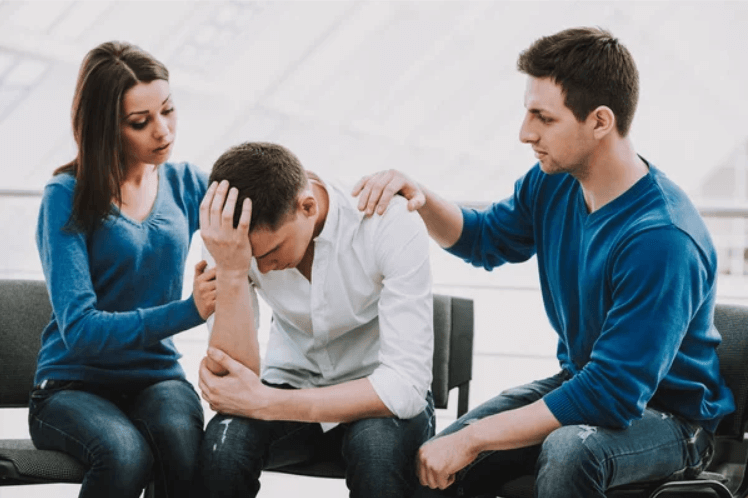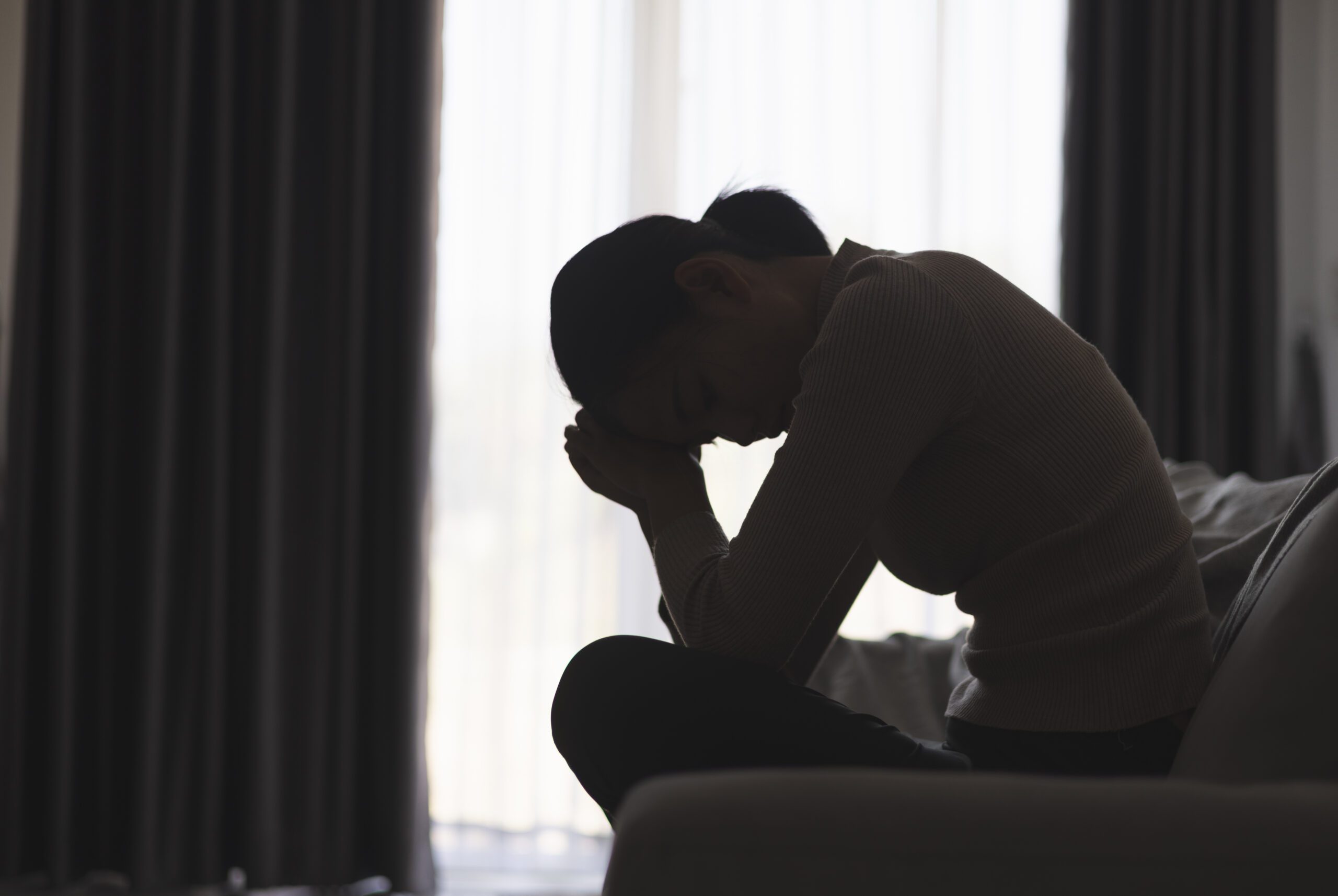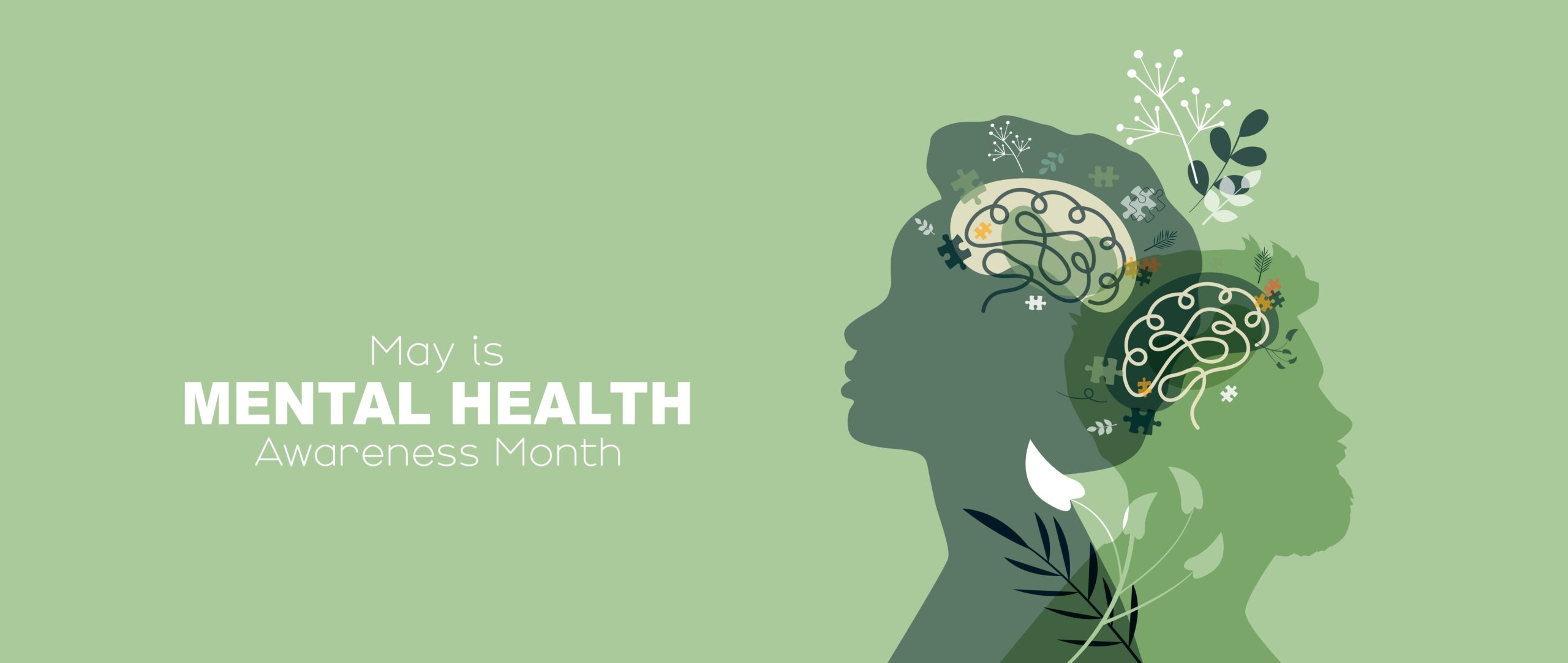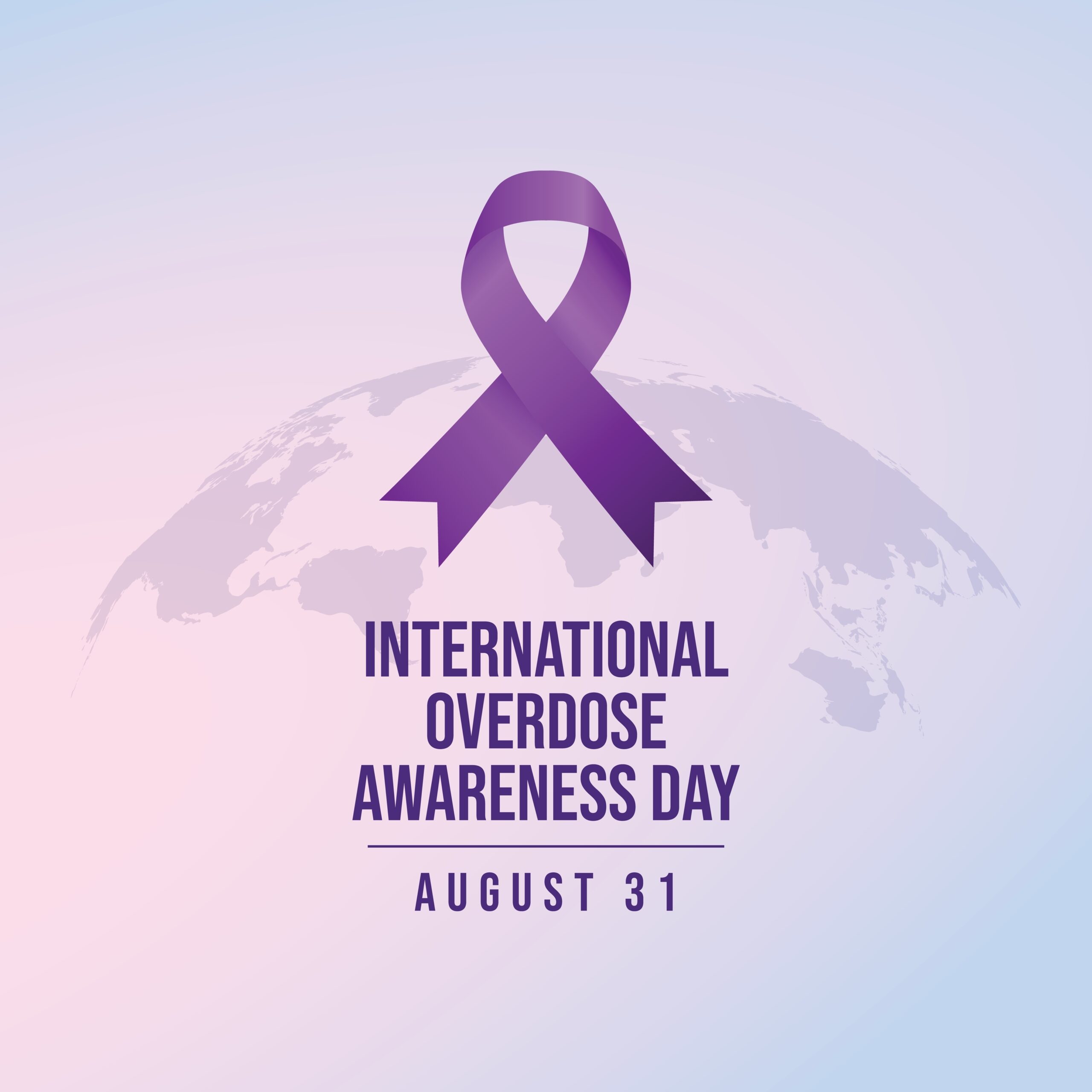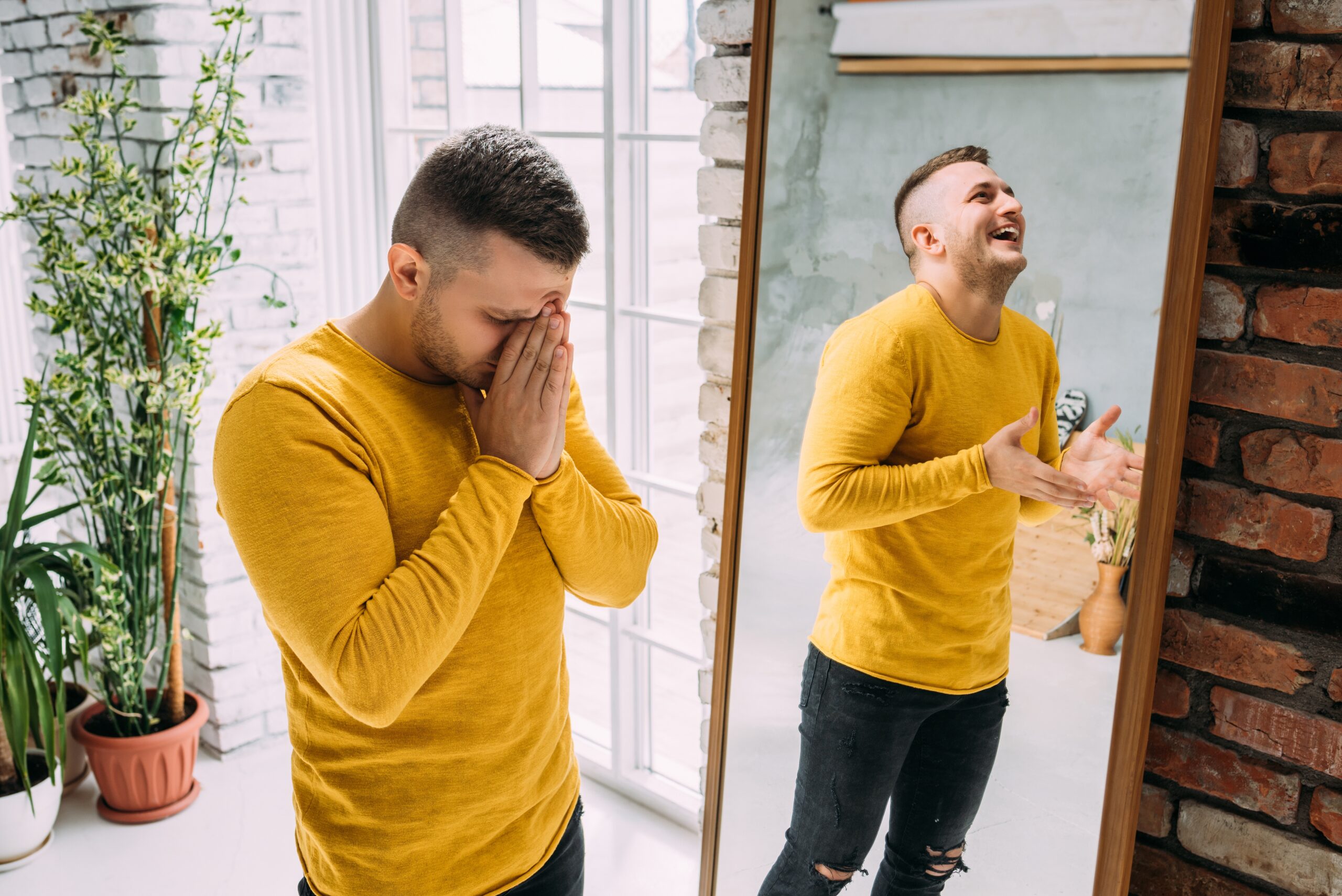Here at Aspire Recovery Center of Frisco, we believe in the power of conversation. We know that talking about mental health, even when it’s difficult, is the first step toward healing. September is a particularly important time for these conversations, as it marks National Suicide Prevention Month.
This is a time for all of us — individuals, families, healthcare professionals, and communities — to come together to raise awareness, share resources, and offer hope to those who are struggling. It’s an opportunity to shine a light on a topic that has too often been kept in the shadows and to send a clear, powerful message: you are not alone, and help is available.
For many, the term “suicide prevention” can feel overwhelming, but it doesn’t have to be. It starts with understanding, empathy, and knowing where to turn for help. Whether you are seeking support for yourself, a loved one, or a patient, this month is a call to action. It encourages us to learn the warning signs, to support one another, and to connect people with life-saving resources, including professional mental health treatment.
Let’s explore the origins of this vital observance, discuss the realities of battling mental health disorders, and share how our dedicated team, including every Licensed Mental Health Counselor on staff, can provide the support needed to find a path forward.
When is National Suicide Prevention Month?
National Suicide Prevention Month is observed every year throughout the month of September in the United States. This 30-day period is a dedicated time to have open, honest discussions about mental health and suicide. Within this month, several other key dates amplify the message of hope and awareness.
World Suicide Prevention Day is recognized globally on September 10th. This day serves as a focal point for organizations and individuals to come together and promote the message that suicides are preventable. Additionally, in the U.S., the week surrounding World Suicide Prevention Day is designated as National Suicide Prevention Week, offering a more concentrated period for outreach and educational events.
This structured timing provides multiple opportunities for engagement. It allows mental health treatment centers like ours to plan community events, for therapists to share resources with their networks, and for individuals to check in on their friends and family. The month-long duration of National Suicide Prevention Awareness Month is intentional; it acknowledges that these complex issues cannot be fully addressed in a single day or week. It gives us all the space to learn, to share, and to support one another in meaningful ways.
How National Suicide Prevention Month Started
The roots of National Suicide Prevention Month are intertwined with the global effort to address suicide as a major public health concern. The observance grew from World Suicide Prevention Day, which was first established in 2003 by the International Association for Suicide Prevention in collaboration with the World Health Organization (WHO). The goal was simple yet profound: to create a dedicated time to focus global attention on the issue of suicide and to highlight the effective prevention strategies available.
As awareness grew, advocates in the United States recognized the need for a more sustained period of focus, leading to the establishment of a full awareness week and eventually the month-long observance we recognize today. This expansion allows for deeper engagement and broader educational campaigns. Organizations like the 988 Suicide & Crisis Lifeline use this time to promote their services and to share powerful stories of hope and recovery.
The evolution into National Suicide Prevention Awareness Month reflects a growing understanding that suicide prevention is not just about crisis intervention; it’s about fostering mental wellness, building resilient communities, and creating systems of care that are accessible to everyone. It’s about making sure that anyone who needs help knows where to find a reputable Mental Health Clinic and can access the mental health treatment they deserve without stigma or shame.
Battling Mental Health or Suicidal Thoughts
It’s a reality that millions of people in our country face every day: the silent battle with mental health disorders. These struggles are not a sign of weakness; they are a sign of being human. Conditions like depression, anxiety, PTSD, and bipolar disorder can feel isolating and overwhelming, and for some, they can lead to suicidal thoughts. It is crucial to understand that these thoughts are a symptom of extreme distress, not a character flaw.
The statistics surrounding suicide are sobering, but they also underscore the urgent need for accessible and effective mental health treatment. Talking about these numbers is not meant to scare, but to inform and to motivate action. It highlights the fact that if you or someone you know is struggling, you are far from alone. This shared experience is why community and professional support are so vital.
No one should have to face these battles on their own. The journey toward healing often begins with a single conversation. Reaching out to a friend, a family member, or a professional can be a life-changing step. A Licensed Mental Health Counselor is trained to provide a safe, non-judgmental space where individuals can explore their feelings, develop coping strategies, and build a foundation for lasting mental wellness. Many people find the structured support offered by mental health treatment centers to be a critical component of their recovery, providing the tools and community needed to navigate their challenges. This is the core purpose of National Suicide Prevention Awareness Month: to bridge the gap between struggle and support.
Aspire Recovery Center Can Help
National Suicide Prevention Month is more than just an observance; it’s a movement. It’s a collective effort to change the conversation around mental health, to dismantle stigma, and to build a world where everyone feels empowered to seek help. It’s about remembering those we’ve lost, celebrating the stories of survivors, and taking concrete steps to prevent future tragedies. The journey from darkness to light is possible, and it often begins with the guidance of a caring professional.
At Aspire Recovery Center of Frisco, we see proof of this every day. We witness the courage of individuals who choose recovery and the incredible resilience of the human spirit. If you or someone you love is battling mental health disorders or suicidal thoughts, please know that hope is real and help is here.
Here at Aspire Recovery Center of Frisco, we understand the complexities of mental health and substance use disorders. We know that recovery is a journey, not a destination, and our mission is to walk that path with you every step of the way. As a leading Mental Health Clinic in North Texas, we offer comprehensive outpatient care designed to promote healing, personal growth, and long-term recovery.
Our approach is centered on providing personalized and evidence-based mental health treatment. We recognize that each individual’s experience is unique, which is why we don’t believe in a one-size-fits-all solution. Our services are tailored to meet your specific needs.
Here’s how we can help:
- Intensive Outpatient Programs (IOP): Our IOPs offer a structured and supportive environment where individuals can receive intensive therapy while still maintaining their daily responsibilities like work or school. This model provides a high level of care without requiring a residential stay.
- Expert and Compassionate Staff: Every Licensed Mental Health Counselor on our team is dedicated to providing the highest quality of care. Our clinicians are experts in treating a wide range of mental health and substance use disorders, and they do so with the empathy and respect you deserve.
- Dual Diagnosis Treatment: We specialize in treating co-occurring disorders, where a mental health condition and a substance use disorder exist simultaneously. Our integrated approach addresses both issues concurrently, leading to better and more sustainable outcomes.
- A Safe and Supportive Community: Recovery is more powerful when it’s shared. At Aspire, you will become part of a supportive community of peers who understand what you’re going through. This sense of connection is invaluable in breaking the isolation that so often accompanies mental health struggles.
This National Suicide Prevention Month, we want to reinforce our commitment to the well-being of our community. We stand as a beacon of hope for those who are struggling, and we are proud to be one of the premier mental health treatment centers in the region, dedicated to helping individuals find their strength and rediscover a life filled with purpose.
Don’t wait to start your journey toward healing. If you are ready to take the next step, our team at Aspire Recovery Center of Frisco is here to help. Contact us today to learn more about our outpatient programs and discover how our dedicated clinicians can support you in building a healthier, more hopeful future.
Frequently Asked Questions
Q. What is the main goal of National Suicide Prevention Month?
The main goal of National Suicide Prevention Month is to raise public awareness about suicide prevention, destigmatize mental health issues, and share resources and support for those who are struggling with suicidal thoughts or mental health conditions.
Q. What kind of help can I expect from a Licensed Mental Health Counselor?
A Licensed Mental Health Counselor provides professional therapy and counseling in a confidential setting. They can help you understand your thoughts and feelings, develop healthy coping mechanisms, manage mental health conditions, and work toward your personal wellness goals through evidence-based therapeutic techniques.
Q. What is the difference between inpatient and outpatient mental health treatment?
Inpatient mental health treatment requires patients to live at a facility to receive 24/7 care and supervision. Outpatient treatment, like the programs at our Mental Health Clinic, allows individuals to live at home and continue with their daily lives while attending scheduled therapy sessions and programs at one of our mental health treatment centers.

